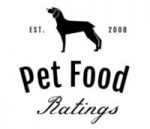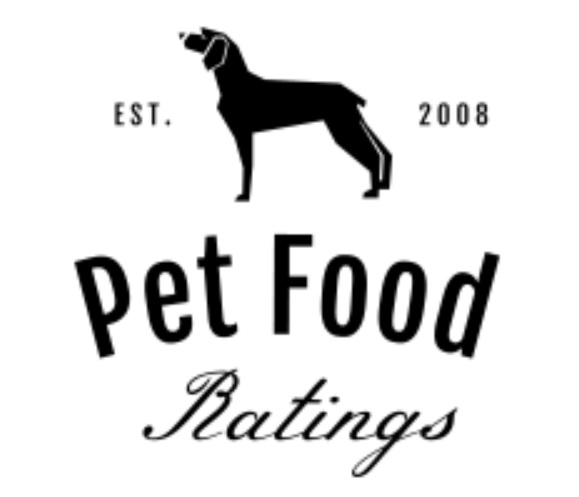Omega fatty acids
Omega fatty acids are needed in animals as much as humans to promote good health. They can affect moods and behaviors as well as maintain joints and reduce inflammation, especially in older dogs with arthritis or joint problems. An animal must have sufficient omega fats as a puppy and younger dog to reduce problems in later life.
Fortunately we find omega fats in most pet foods, especially the high end foods. Sadly some of the cheaper brands are lacking in omega fats, which is why a pet owner should research what they feed their pets.
The two most important health-related fatty acids are omega-3 and omega-6. The former aids joints against inflammation, as well as protecting against kidney and heart disease; also cancer. Omega-6 affects inflammation of joints as well, but in this instance too much of the fat can have a negative impact and cause inflammation. As such it needs to be consumed in moderation.
A cat or dog that consumes a sufficient amount of omega fats should have a shiny healthy coat, so if that isn’t the case it’s worth ensuring they’re getting the right level of omegas.
It’s not always apparent whether omega fatty acids are in a food as they’re not always listed. The trick is to know what ingredients contain them. Omega-3 can be found in fish, fish oil, flaxseed, and walnut oil. Omega-6 on the other hand is contained in poultry protein sources such as chicken, turkey, and duck, as well as canola oil, corn, and soy. If a food doesn’t list any of these ingredients then it may be included in their individual form, such as DHA (docosahexaenoic acid) or EPA (eicosapentaenoic acid).


